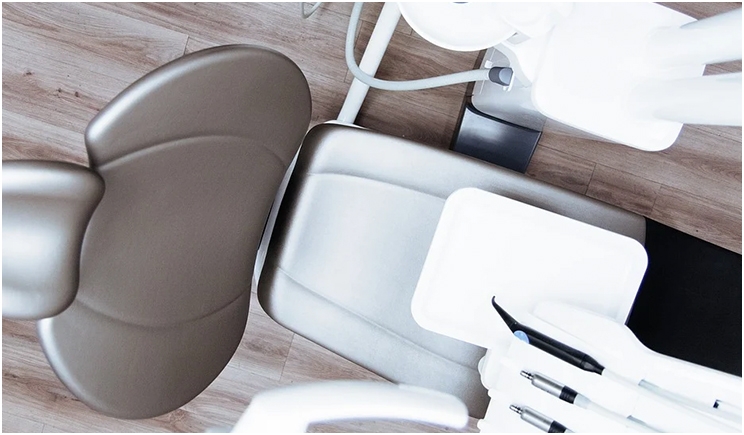
Due to concerns over COVID-19 and government restrictions, many dental offices were closed or are dramatically reducing hours to help protect patients and staff. This may be a good time to perform routine maintenance. It’s also important not to neglect your equipment if you’re closed so it will be available and working well once you reopen.
Most dental equipment is designed with frequent use in mind. Many pieces of equipment react poorly to sitting idle for prolonged periods or need special attention before they’re left idle. Whether due to restrictions from COVID-19 or your next vacation, follow these important steps before shutting down for a prolonged period.
Key Steps to Take
You can begin by draining your sterilizer. Most sterilizers have drain valves, making it easy to drain the water from the reservoir. If yours is not so equipped, you can use the dental vacuum (high-volume evacuation) to empty the reservoir.
Also on the topic of water, it’s strongly recommended that you use self-contained water systems for your delivery systems. Before shutting down, install empty bottles in each op to perform an air purge. Just run the water until the lines are dry.
If you don’t perform an air purge, you will want to perform routine flushing as water in the units will be standing stagnant and can grow biofilm. The folks at ProEdge have produced a great guide on purging. Every few days, you should purge your lines with whatever chemical treatment you’re using.
Even with water bottles at the units, you still have water supplied to your building or suite for sinks, bathrooms, and other areas. Shut off your municipal water supply. An electric solenoid can be purchased to make it easier to shut the water off.
It’s a good idea to shut your water off at the end of every day, in fact. Even if you don’t have a solenoid, there should be a manual valve you can use to turn the main waterline off. Sinks, toilets, and other plumbing can leak during off hours, leading to flooding and extensive damage.
It’s generally recognized as a standard best practice by IT professionals to keep your server running 24/7, since the strain of powering down and restarting tends to be worse than just leaving it up. Individual workstations should be shut down, however. Pay attention to your office IT infrastructure.
Any other electronic devices should likely be unplugged to conserve power and reduce the risk of fire. Be particularly careful about rechargeable batteries, as they have been sometimes linked to fires.
Check your mechanical room. If you have a dry central vacuum, it should be run for 15 minutes at least once a week. A wet ring (wet) vacuum can sit idle for a prolonged period without causing stress to the system. You should also have your water turned off (see above), so running a wet vacuum would be harmful.
When checking the mechanical room, check your compressor. Much as with dry vacuums, compressors can seize if they’re sitting idle for a prolonged period, so they should also be run for 10 to 15 minutes at least once a week.
Last of all, it’s a good idea to stop in at least once a week just to check things over at large. Make certain your office is still secure and that things are in order. Stopping by the office now and again will also get you out of the house to help preserve some sanity.
As we continue to navigate these difficult times, it’s important to keep your eyes on the future and make sure your equipment will be there for you when you’re ready to reopen.
Mr. Zieska is the general manager of American Dental Accessories, which has been providing parts and equipment to dental offices since 1985. He has been working in the dental industry since 1992 and is an internationally recognized expert in equipment repair and maintenance. He served on the ISO committee when the international rules for amalgam separators were rewritten and is recognized for his expertise in infection control as well. He can be contacted at techsupport@amerdental.com.
Related Articles
Business Interruption Insurance May Be in Doubt
How to Address Dental Anxieties During the Pandemic
COVID-19 Presents a Commercial Real Estate Opportunity for Dentists











